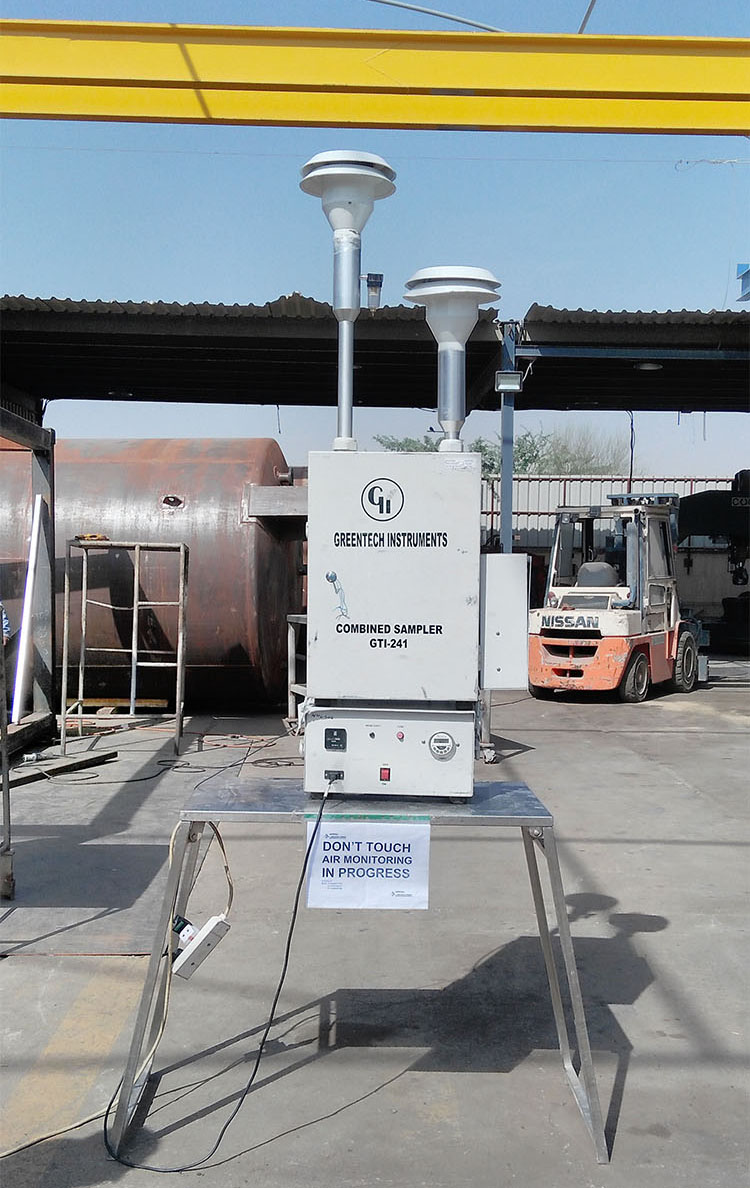Air Monitoring
Programs to improve air quality in areas where the current quality is unacceptable and to prevent deterioration in areas where the air is relatively free of contamination.
Primary standards protect against adverse health effects; secondary standards protect against welfare effects, such as damage to crops and vegetation and damage to buildings. Because different pollutants have different effects. Some pollutants have standards for both long-term and short-term averaging times. The short-term standards are designed to protect against acute, or short-term, health effects, while the long-term standards were established to protect against chronic health effects.
Noise Monitoring
It has been set-up to satisfy a growing need in the market for affordable noise monitoring services. With our robust and cost-effective services, we can cover a wide variety of scenarios where short-term, or long-term noise and vibration monitoring may be required at construction sites, demolition sites, outdoor festivals, outdoor industrial operations, windfarms, airports.


Water Monitoring
Water quality data are used to characterize waters, identify trends over time, identify emerging problems, determine whether pollution control programs are working, help direct pollution control efforts to where they are most needed.
Soil Sampling
Sampling for environmentally-related purposes may require for environmental or agricultural purposes, it is important to obtain a sufficient number of subsamples to adequately evaluate a site. GSES provides soil collection services, soil characteristic identification and soil condition assessment for the agriculture production community. We provide quality work done in a timely manner at a competitive price, allowing you to utilize the most advanced technologies.
Work Place Monitoring
At a time of growing concern about environmental pollution, helps organisations manage their impacts on their local environment and nearby communities. Our services take account of our research into health effects that that may be associated with emissions from composting and other waste handling operations, contaminated land and exposure to poor air quality. We have specialist expertise in measuring and managing the risks for both communities and workers associated with it.
Light Illumination Survey
Illumination surveys evaluates lights to determine whether exterior lighting is sufficient for security and safety in accordance with standards. Environmental Health and Safety is responsible for conducting illumination surveys which includes maintaining the equipment necessary to take readings and preparing EHS personnel to conduct surveys and document findings. Standardized procedures have been developed for taking light meter readings.
Meterological Monitoring
GESE monitors meteorological conditions in the field to determine their impact on local air quality. Meteorology is used to forecast poor air quality days, to produce the venting index, and for issuing air advisories. Meteorological data is also used in air quality dispersion modelling.